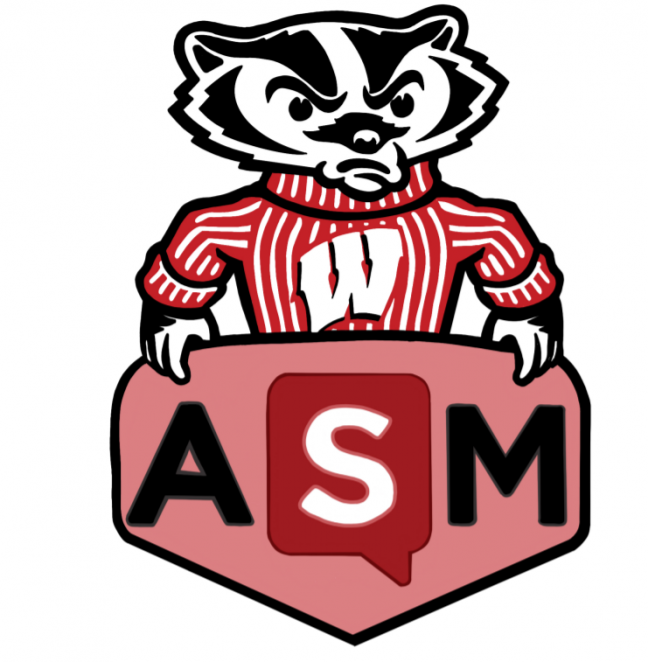The University of Wisconsin’s recently announced fall reopening plan has student and local leaders gearing up for partnership this fall as campus returns to pre-pandemic operations.
This year brings expectations of more collaboration between the Associated Students of Madison and the city of Madison. District 8 Alder Juliana Bennett and ASM Chair Adrian Lampron said the two bodies are collaborating on various measures including the development of a Crisis Response Team to respond to mental health-related emergency calls and building developments that will impact students.
“Even before being elected, I’ve worked closely with Adrian, so I’m really glad that we have already established that relationship, and we’re gonna just continue the work that we’ve been working on,” Bennett said.
Lampron said they are looking toward the crisis response model Madison introduced this summer, the Community Alternative Response for Emergency Services — which was modeled after the Crisis Assistance Helping Out On The Streets program of Eugene, Oregon for development of the Crisis Response Team — for inspiration.
ASM will take a wait-and-see approach to its crisis response team based on whether the City of Madison will expand its own to include the UW campus or not, Lampron said.
“CAHOOTS is among other ways that we’re working to basically just make sure that the city and university’s public safety models best address the needs of students,” Lampron said.
Bennett said ASM and District 8’s goal is to make sure all students can be eligible to have a crisis response team respond to their call. But, she said right now the Madison Common Council is still developing the CARES team.
The action on mental health responses development stems from the June 2020 account of a student who was transported to the hospital in a police vehicle after reporting a mental health emergency. In response, UHS started researching alternatives to the current police hospital transportation policy.
Both Lampron and Bennett said they are looking forward to collaboration on affordable housing in Madison for UW students.
A recently announced downtown high-rise will be built on the 300 Block of State Street and will involve the demolition of many State Street businesses, according to the Wisconsin State Journal.
The developer, Core Spaces, is also responsible for both The Hub and The James, two high-rise apartments marketed towards students near the UW campus and downtown. Lampron said Core Spaces intends to work with the UW financial aid office to provide affordable housing to students.
Bennett added she wants student’s voices to be included in each part of the development process, and this fall she plans to work with ASM to get more students involved in Common Council boards, commissions and committees.
Dane County to lift all COVID-19 orders, restrictions June 2
“At the end of the day, they’re supposed to be catered to students, so they want us to live in their buildings, we should have a say on what type of places we want to live in, ” Bennett said.
New to student housing this fall on campus is a Gender Inclusive Housing community that will be one floor of southeast campus’ Merit Hall. Unlike Open House, a learning community in Phillips Hall, Gender Inclusive Housing requires no extra application or fee. The dorms will not be segregated by legal sex and restrooms will be gender inclusive.
Lampron said their goal with University Housing was to make sure transgender and gender non-conforming students get housing that is safe and comfortable, without putting the extra burden on incoming students to reach out to Housing for accommodations and “outing” themselves in the process.
Chancellor Blank releases additional details for fall semester, return to campus
“I’m hopeful that incoming students and returning students in housing will feel safe and comfortable because I know when I lived in Open House [it] was like a wonderful sanctuary in a world that’s sometimes hard to be gender non-conforming,” Lampron said.
Lampron, like other campus officials, anticipates that the vast majority of students will return to campus fully vaccinated and are anticipating the return of dorm life.
Bennett said she hopes Gender Inclusive Housing can expand to more dorms to ensure students are able to feel more at home when moving to campus.
“I would hope that everyone can feel welcome and included and part of that is being able to feel safe where you live,” Bennett said.













